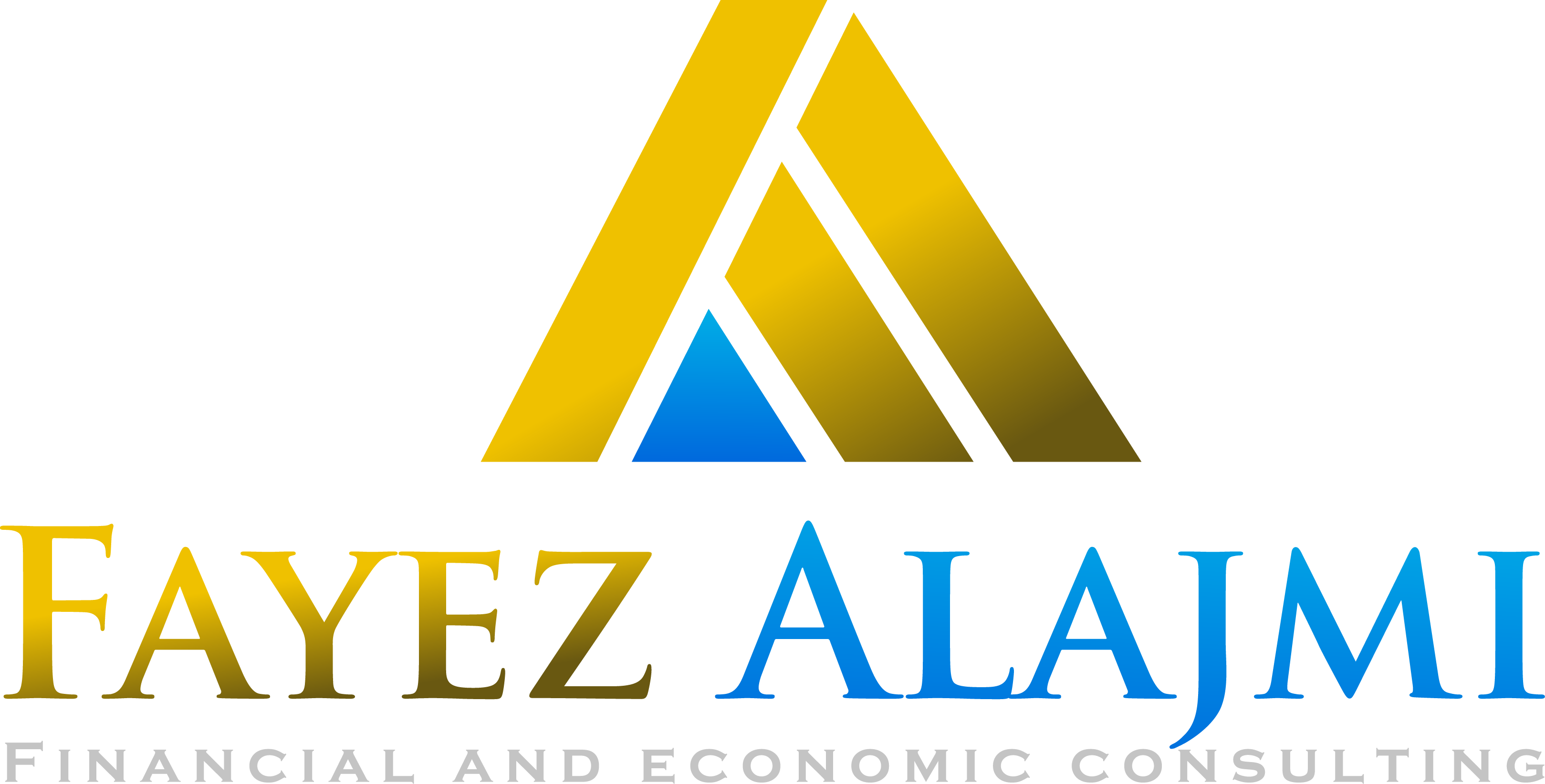
 11 April، 2022
11 April، 2022
 ابحاث السوق
ابحاث السوق
 Views
: 787
Views
: 787

Will the Bank of Canada raise interest rates by half a point?
The outlook for the Bank of New Zealand is split
Kuroda pushes the Japanese yen down again
The euro opens on the upside with the French elections
During the sessions of this week, the markets are awaiting many economic events and data, led by the meetings of the three central banks (European, New Zealand and Canadian), where expectations indicate that two of these banks will change interest rates and continue to tighten monetary policy.
Central Bank of Canada
The Bank of Canada will announce its monetary policy and interest rates at its meeting on Wednesday, April 13, as expectations indicate that the bank will raise interest rates by half a point to 1% in the largest increase in interest rates in more than 20 years. In the last meeting of the bank on the second of March, the bank raised the interest rate by a quarter point, as expected, after the bank ended the monetary stimulus program and the purchase of bonds, which began work on it since the beginning of the Corona pandemic crisis at the end of last year.
The statements of Governor Tev MacLeam and several members of the bank and senior central bankers were harsh last March, especially Deputy Governor Sharon Kozricki, who confirmed that the bank would move to raise interest rates more strongly to curb the rise in inflation, which recorded its highest level in three decades at 5.7% in its last reading in February.
The latest economic data from Canada supported the bank’s rate hike by half a point, as the Canadian economy added about 73 thousand jobs in March, while the unemployment rate fell to 5.3%, the lowest level since 1976. The five largest banks in Canada, CIBC BMO, RBC TD Scotia, are now pricing in raising interest rates to 2% by the end of this year, while the futures markets are priced more than that at 2.75% by the end of the year.
New Zealand Bank
Wednesday, April 13th, the Reserve Bank of New Zealand RBNZ will announce its monetary policy and interest rates, as expectations indicate that the bank will raise interest rates for the third consecutive month by 25 basis points to reach 1%.
The New Zealand Bank raised interest rates on the sixth of October to become the first bank of the major economic banks around the world to raise interest rates if we exclude South Korea, which raised interest rates before it at the end of August, stressing that it will continue to raise it until inflation rates stabilize in the medium term.
There is a clear division between economists and analysts about the size of the Bank of New Zealand’s move towards interest rates on Wednesday between 25-50 basis points, as expectations of a 50 basis point hike are close to a 25 basis point hike, while Reuters forecasts tend to favor a 25 hike. 70-30 basis points.
The latest figures issued by the New Zealand economy confirmed that inflation is still rising above the bank’s estimates and target, as inflation rose to its highest level in 30 years in the last quarter of last year at 5.9% due to the strikes of global supply chains and the rise in commodity prices, bringing inflation to nearly double The bank’s target is 1-3%, while expectations indicate a rise to 7.5% by the middle of this year.
What is agreed upon is that the bank will raise interest rates, but the question is whether it will continue to raise it at the current pace, the most conservative 0.25%, or will it raise it by 0.50% this time, and based on the size of the hike, the movements of the New Zealand dollar will be.
European Central Bank
Members of the European Central Bank will meet next Thursday, the 14th of April, to discuss monetary policy and take decisions regarding interest rates, as the markets expect not to change monetary policy at Thursday’s meeting and to maintain zero interest rates.
The European Central Bank is swimming against the trend of other central banks that have begun to tighten monetary policy and raise interest rates, as the European Central Bank is trying to stop the rise in inflation without harming growth levels, but it is considered the last bank expected to raise interest rates, as the Bank is expected to wait until the third quarter of The year for the first rate hike in more than a decade.
Before the Russian invasion of Ukraine, expectations were that the first move from the European Central would come before the end of the year, and now expectations have risen that it will be in the third quarter or the end of the second quarter, especially after record inflation rises after the consumer price index reached 7.5% in March, recording its highest level ever.
. The last statements of Bank President Christine Lagarde were more hawkish than before, and therefore we are expected to witness a change in the severity of the statement and Lagarde’s statements regarding tightening monetary policy.
The euro has been affected since the beginning of the week today, Monday, by the results of the French elections, the second largest economy in the eurozone, where the preliminary results until the moment indicate that Macron obtained 27.4% of the vote, while Le Pen got about 23%. Any surprise by the decline in votes for Lubin, the euro is expected to decline strongly.
US inflation data
The Consumer Price Index (CPI) from the United States of America, which is concerned with measuring inflation, will be announced on Tuesday in the American session, as it is estimated that annual inflation rose in March to 8.4%, after an increase of 7.9% in February, while core inflation, excluding food and energy prices, is expected to rise. to 6.6% from 6.4%.
The rise in commodity prices, such as oil prices, which are recording high levels compared to the period before the Russian war, and the continuation of the supply chain crisis are all factors that support the rise of US inflation to levels that are the highest in more than forty years.
Expectations of raising US interest rates on the fourth of May meeting at 80% on the rate of raising by half a point, according to the FedWatch tool of the CME, and accordingly, any hikes that exceed expectations for inflation will confirm the market’s expectations of a 50 basis point raise at the May meeting.
scattered data In addition to these meetings and US inflation data, the markets will also be watching many separate data that will be released during the week, such as the Australian labor market data represented in the change in employment and unemployment rates, which will be announced on Thursday morning, in addition to the US retail sales and many of these data that will be announced as shown in Economic calendar table on our website at the link
Kuroda weakens the Japanese yen
The Japanese yen crossed the top it recorded at the end of March at 125.17 Sabbagh today, Monday, in the opening session of the week, by trading at levels of 125.40, against the US dollar, at the lowest level for the pair since June 2015 after the statements of the Governor of the Central Bank of Japan in the Asian session.
Bank Governor Kuroda announced in his statements that the bank will maintain its easing policy until the bank’s goal of inflation at 2% is achieved consistently, and that the bank will not hesitate to ease more than the current limit if necessary.
The Central Bank of Japan is one of the banks that swim against the trend of other central banks and continues to facilitate monetary policy at a time when other banks have begun to tighten monetary policy and raise interest rates, which explains the continued weakness of the Japanese yen.